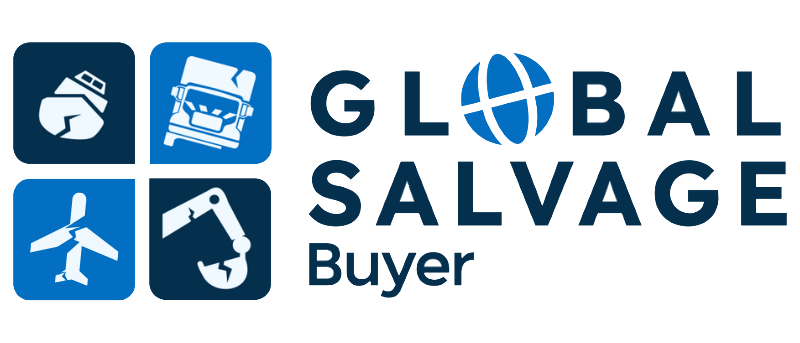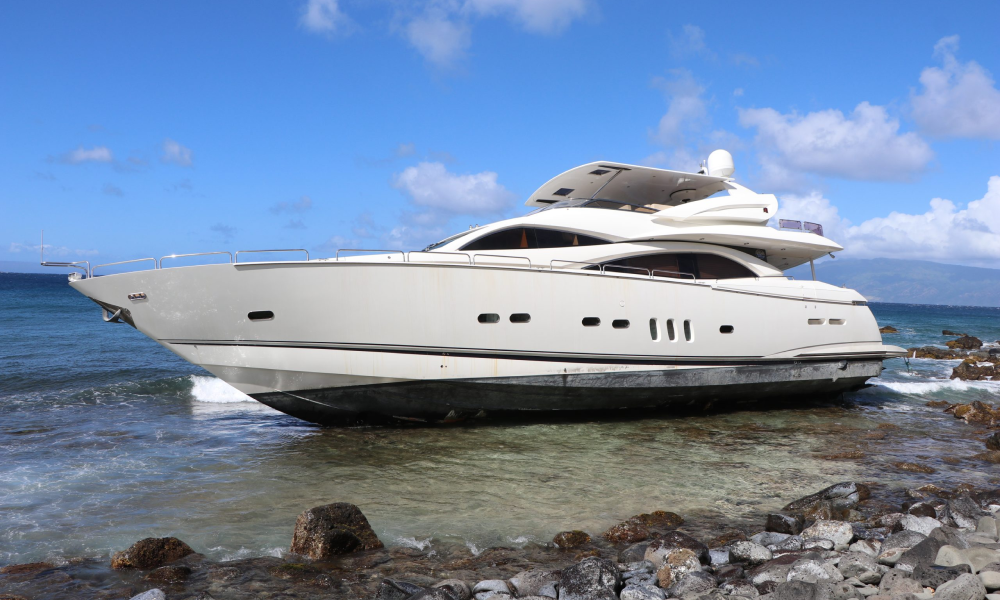
How Global Claims Management Software is Revolutionizing the Industry
In the dynamic and complex world of maritime operations, efficient claims management is crucial for insurance companies, shipping firms, and vessel owners alike. The traditional methods of handling marine claims have often been plagued by inefficiencies, delays, and a lack of transparency, leading to frustration and financial losses for all parties involved. However, the advent of marine claims management software has ushered in a new era of streamlined processes, enhanced collaboration, and data-driven decision-making, revolutionizing the industry in profound ways.
The Challenges of Traditional Marine Claims Management
Before delving into the transformative impact of marine claims management software, it’s essential to understand the challenges that have long plagued the industry. Historically, marine claims have been managed through a combination of manual processes, paper-based documentation, and siloed communication channels. This approach has led to several pain points, including:
1. Inefficient Data Management:
The reliance on physical documents and disparate data sources made it challenging to access and analyze critical information promptly, hindering effective decision-making and prolonging the claims resolution process.
2. Lack of Transparency:
With limited visibility into the claims lifecycle, stakeholders often find themselves in the dark, unable to track the progress of their claims or understand the rationale behind decisions made by adjusters or insurers.
3. Delayed Communication:
With limited visibility into the claims lifecycle, stakeholders often find themselves in the dark, unable to track the progress of their claims or understand the rationale behind decisions made by adjusters or insurers.
4. Compliance Challenges:
Navigating the complex web of maritime regulations and ensuring compliance with industry standards and legal requirements was a daunting task, increasing the risk of costly errors and potential legal disputes.
5. Limited Collaboration:
The siloed nature of traditional claims management processes made it difficult for various stakeholders to collaborate effectively, leading to miscommunication, duplication of efforts, and potential conflicts of interest.
These challenges hindered the efficiency of marine claims management and had far-reaching consequences for the industry, including increased costs, reputational damage, and strained relationships between parties.
The Transformative Power of Marine Claims Management Software
Recognizing the need for a more streamlined and efficient approach, leading marine claims management software providers have developed cutting-edge solutions that address the pain points of traditional methods. These innovative software platforms leverage advanced technologies, such as cloud computing, artificial intelligence (AI), and data analytics, to revolutionize the claims management process. Here’s how marine claims management software is transforming the industry:
1. Centralized Data Management:
By consolidating all claim-related data into a single, secure, and cloud-based platform, marine claims management software eliminates the need for physical documents and disparate data sources. This centralized approach ensures that stakeholders have access to real-time information, enabling faster decision-making and more efficient collaboration.
2. Enhanced Transparency and Visibility:
With marine claims management software, stakeholders can track the progress of their claims in real-time, gaining visibility into every step of the process. This transparency fosters trust and accountability among all parties involved, reducing the potential for misunderstandings and disputes.
3. Streamlined Communication and Collaboration:
Advanced communication tools, such as built-in messaging systems and document-sharing capabilities, facilitate seamless communication and collaboration among surveyors, adjusters, vessel owners, and other stakeholders. This streamlined approach minimizes delays and ensures that all parties are aligned throughout the claims lifecycle.
4. Automated Workflows and Compliance
Marine claims management software providers offer customizable workflows and built-in compliance checks, ensuring that claims are processed by industry regulations and best practices. This automation reduces the risk of errors, enhances consistency, and simplifies the compliance process.
5. Intelligent Decision Support:
By leveraging AI and machine learning algorithms, marine claims management software can analyze vast amounts of data, identify patterns, and provide intelligent recommendations to support decision-making. This data-driven approach helps adjusters and insurers make more informed decisions, leading to faster and more accurate claims resolutions.
6. Integrated Third-Party Services:
Many marine claims management software platforms offer seamless integration with third-party services, such as surveyor networks, towing and salvage providers, and repair facilities. This integration streamlines the entire claims process, reducing the need for manual coordination and ensuring a smoother experience for all stakeholders.
7. Scalability and Flexibility:
Cloud-based marine claims management software solutions are highly scalable and flexible, allowing organizations to adapt to changing business needs and accommodate growth without compromising efficiency or performance.
8. Cost Savings and Operational Efficiencies:
By automating manual tasks, reducing errors, and streamlining processes, marine claims management software providers enable significant cost savings and operational efficiencies for insurance companies, shipping firms, and vessel owners alike.
The Future of Marine Claims Management
As the maritime industry continues to evolve, the role of marine claims management software will become increasingly pivotal. With the integration of emerging technologies, such as the Internet of Things (IoT), blockchain, and advanced analytics, the claims management process will become even more sophisticated and data-driven.
IoT sensors and connected devices on vessels will provide real-time data on vessel conditions, enabling proactive maintenance and faster incident response. Blockchain technology will enhance transparency and security in the claims process, ensuring tamper-proof record-keeping and streamlining cross-border transactions. Advanced analytics will unlock deeper insights into claims patterns, enabling predictive modeling and proactive risk mitigation strategies.
Moreover, the adoption of marine claims management software will continue to drive industry-wide collaboration and standardization, fostering a more efficient and harmonized approach to claims management across the global maritime ecosystem.




